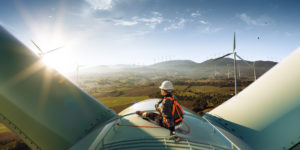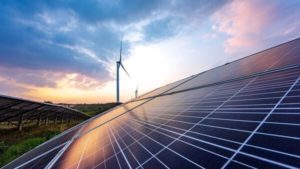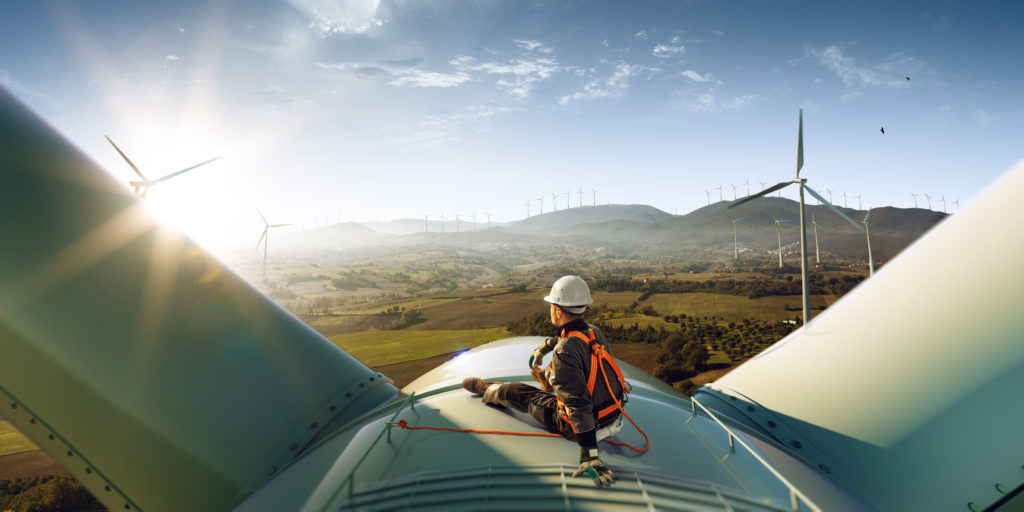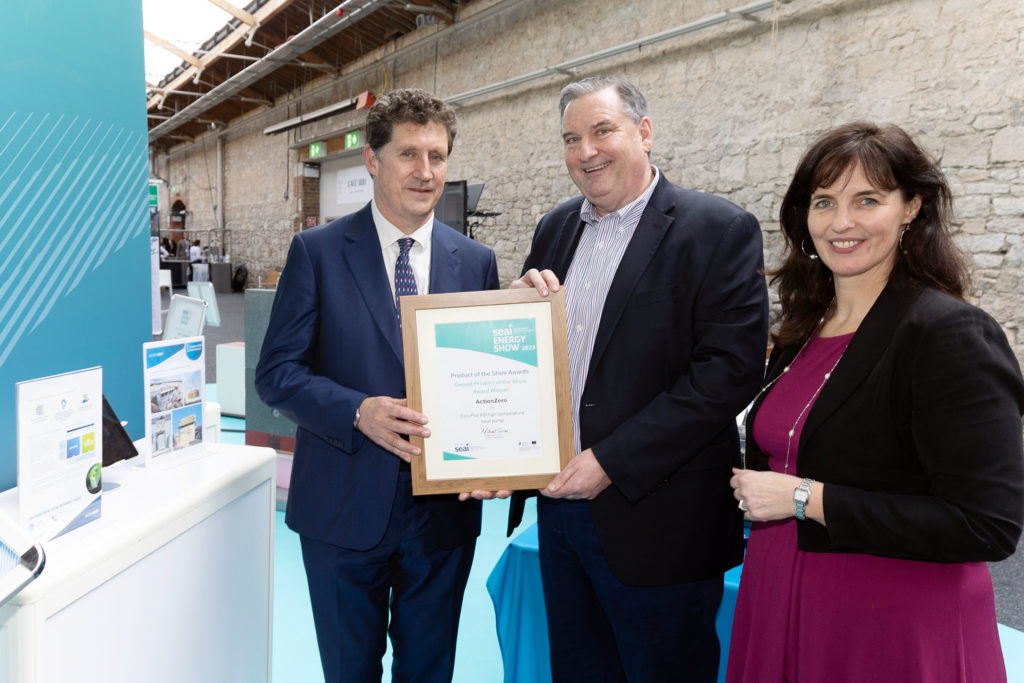Unless you spent the better part of the last decade living under a rock, you will be familiar with the ominous “winter is coming” quote made famous by HBO’s Game of Thrones. Who would have thought, three years after the show finished, that this quote would have eminent, real-world application?
Earlier this year, fossil fuel prices soared, with staggering profits being generated by major oil companies.
There’s regular talk of energy poverty in some of the most developed economies on the planet. Energy rationing is currently threatened across Europe, and this is all happening in summertime.
Putin’s decision to choke gas supplies to Russia’s European neighbours has brought about an immediate crisis.
”What happens when gas demand jumps as boilers are switched back on? What kind of chaos will ensue if we encounter a particularly cold winter?”
In response to Russian gas supply uncertainty, Europe is set to rely on alternative supplies of fossil fuels to fulfil short-term needs.
The problem with liquefied natural gas
For example, Germany is currently fast-tracking five floating LNG (liquefied natural gas) terminals this year in order to onboard the fuel from tanker ships into its gas pipeline.
LNG is almost identical to natural gas, but is refrigerated below -162C so that it can be transported as liquid in insulated tankers. This will offer an immediate alternative to Russian pipeline gas, with LNG shipping from places such as the US and Arabian Gulf.
But LNG remains on the wrong side of the carbon ledger and, adding insult to injury, the transportation of LNG adds carbon intensity due to the long distances travelled and the fuel oil needed for long periods of shipping.
What we can do
When it comes to our climate, it’s easy to be bewildered by the gap that exists between what’s good for the planet and the short-term actions of national governments. Thankfully, however, there are immediate steps we can take at an individual business level that will mitigate the risk to our gas supply without simultaneously endangering the earth.
Businesses can reduce their energy demands by auditing their energy use and eliminating waste. We can reduce our reliance on fossil fuels by ditching boilers and embracing renewable heat alternatives such as heat pumps. And finally, businesses can and should generate renewable electricity onsite via solar PV to protect themselves from price volatility.
At a macro level, it is, of course, not just the prioritisation of national governments that is to blame for climate change, but our longstanding global addiction to cheap energy, particularly when delivered by fossil fuels.
The lasting answer to Putin’s gas embargo is a fully-functioning green grid. There are three pillars of the energy transition.
This first is energy provisioning through a decarbonised grid. The second is using energy-efficient devices. The third is innovative energy conservation and recovery — all combining to offer a realistic model for a decarbonised future.
We need immediate, urgent, large-scale, transnational action. We need a plan extended across all five continents, led by and funded by the big economies, who frankly have been the biggest polluters.
”In relation to Ireland, our performance to date has been lacklustre and disappointing.”
Sure, there are encouraging signs of change. The SEAI, for example, has scaled up its resources in recent months and published the national heat study. But are we moving fast enough?
No. The threat posed by fossil fuels is banging down our doors, and we can no longer afford to ignore it. Definitive action is needed, and needed today.
As seen in the Examiner: Denis Collins: Firms can mitigate their exposure to energy risks (irishexaminer.com)









